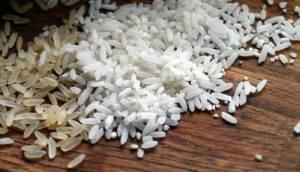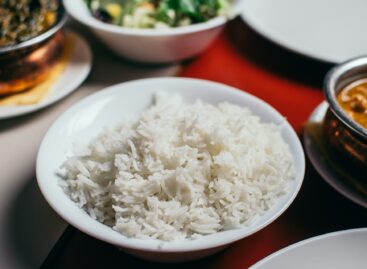Rice may become more expensive
The Government of India has considered easing export restrictions on non-basmati rice and other agricultural products to ease the plight of distressed producers and traders. The country’s economy relies heavily on the agricultural sector, and the government aims to reduce the negative effects of export restrictions on players in the sector.
 Non-basmati rice is an important export commodity in India, and the restrictions have caused significant losses to growers who have been unable to take advantage of demand in international markets. By restarting exports, the government aims to increase revenues and support the growth of the agricultural sector.
Non-basmati rice is an important export commodity in India, and the restrictions have caused significant losses to growers who have been unable to take advantage of demand in international markets. By restarting exports, the government aims to increase revenues and support the growth of the agricultural sector.
The mitigation proposals are also aimed at boosting trade relations, especially with countries that import large quantities of agricultural products from India. The lifting of export restrictions could boost India’s agricultural exports and contribute to economic growth while providing farmers with a more stable livelihood.
Related news
Mars to close factory in Belgium
🎧 Hallgasd a cikket: Lejátszás Szünet Folytatás Leállítás Nyelv: Auto…
Read more >Related news
MOHU: 5,200 return points are in operation, but 47 larger settlements still do not have RE points – public “enema” machines may be introduced
🎧 Hallgasd a cikket: Lejátszás Szünet Folytatás Leállítás Nyelv: Auto…
Read more >Change in Rossmann Hungary’s leadership: Kornél Németh decided to move towards new challenges in 2026
🎧 Hallgasd a cikket: Lejátszás Szünet Folytatás Leállítás Nyelv: Auto…
Read more >









